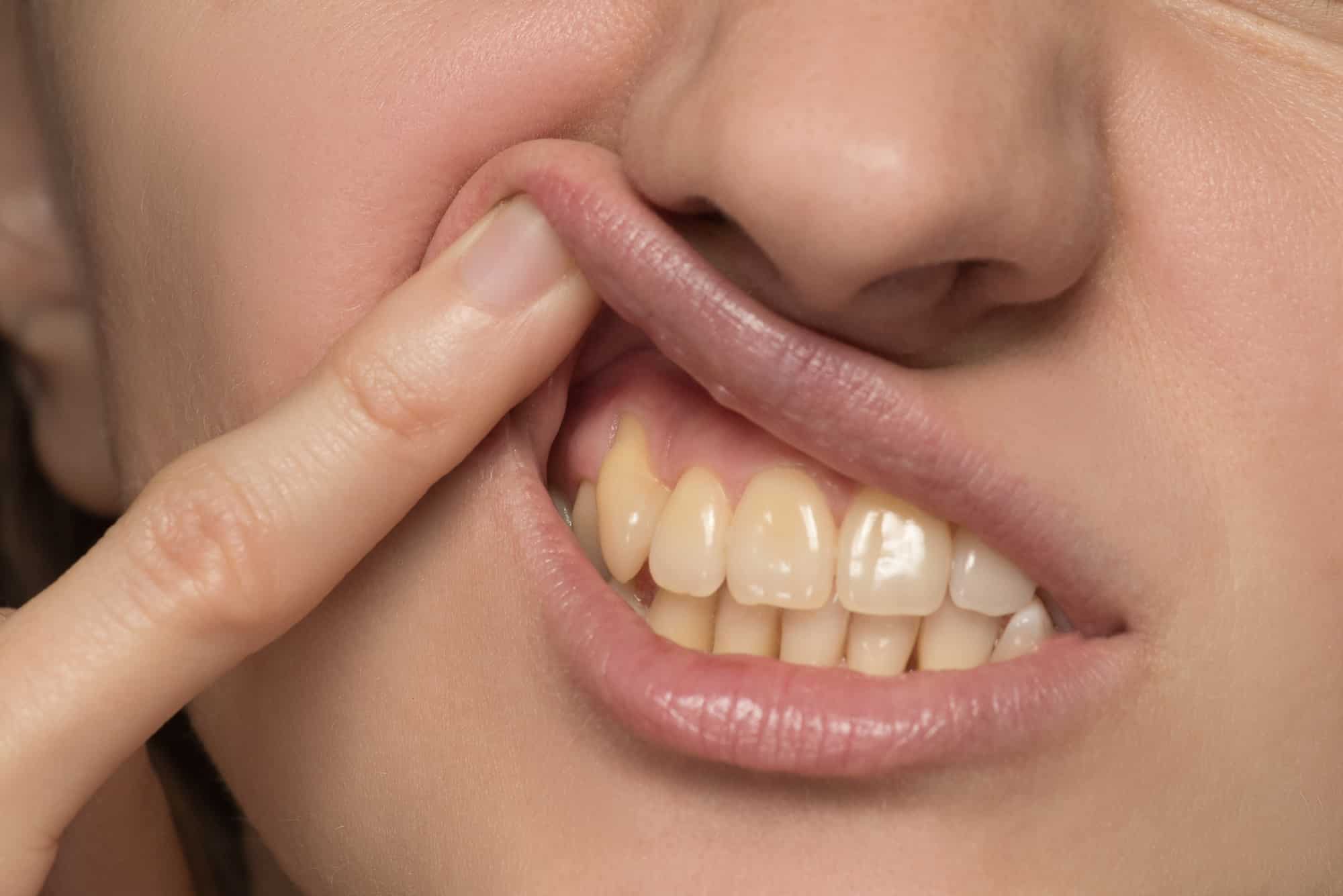
Everyone knows that cigarette smoking may cause lung cancer and contribute to heart disease. Smokers are up to four times more likely to have a stroke and face a 30 to 40 percent higher risk of diabetes than those who don’t have this habit.
But, what does smoking do to your teeth?
As it turns out, puffing on cigarettes or chewing tobacco may damage the tooth enamel, leading to cavities, gum disease, and everything in between.
A diet rich in sugar isn’t the culprit behind cavities and tooth loss. Cigarette smoking plays a role too. Blame this habit for bad breath, teeth discoloration, stains, and even oral cancer.
Still not convinced? Here’s what you should know about smoking and gum disease!
What Does Smoking Do Your Teeth?
Nearly 4 percent of Americans ages 20 to 64 years have no remaining teeth. The risk of tooth loss is even higher among smokers.
This habit affects every system in your body. It promotes blood clot formation, raises blood pressure, and impairs lung function, among other effects. Furthermore, it contributes to several types of cancers.
Tobacco smoke contains more than 7,000 harmful chemicals, reports the National Cancer Institute. At least 69 may lead to cancer in the long run.
These compounds may also damage your teeth and gums, causing tooth loss and periodontal disease. But that’s not all.
Smoking is also one of the primary causes of oral cancer. In fact, it accounts for about 75 percent of all cases of oral cancer in the U.S.
Stains, halitosis, and yellow teeth from smoking are all common issues. If you want a perfect smile, quitting this habit is a must.
Smoking and Gum Disease
As mentioned above, tobacco smoking and tooth loss are strongly connected.
The chemicals in cigarette smoke cause gum inflammation, weakening your teeth and the surrounding tissues. Over time, you may develop gum disease and lose your teeth.
Gum disease, or periodontal disease, affects more than 8.5 percent of adults. This condition causes your gums to become sore, infected, or swollen. You may also develop bad breath and bleeding gums.
But these issues can be prevented. Quitting smoking is a good starting point. Good dental hygiene and regular checkups are a must.
If you have yellow teeth from smoking, your dentist can help. He or she may recommend dental cleanings and other procedures designed to restore your smile.
In the long run, these preventive measures may lower your risk of gum disease.
Quit Smoking to Get Your Smile Back
Ditching this habit is one of the best things you can do for your health. You’ll not only have healthier teeth but also breathe more easily and keep your heart happy.
Don’t take unnecessary risks. See your dentist more often, especially if you’re a smoker. If left untreated, gum disease may lead to teeth loss, receding gums, and painful gum abscesses.
Still wondering what does smoking do to your teeth? Facing the effects that smoking had on yours?
Reach out to us to book an appointment and discuss your needs.



